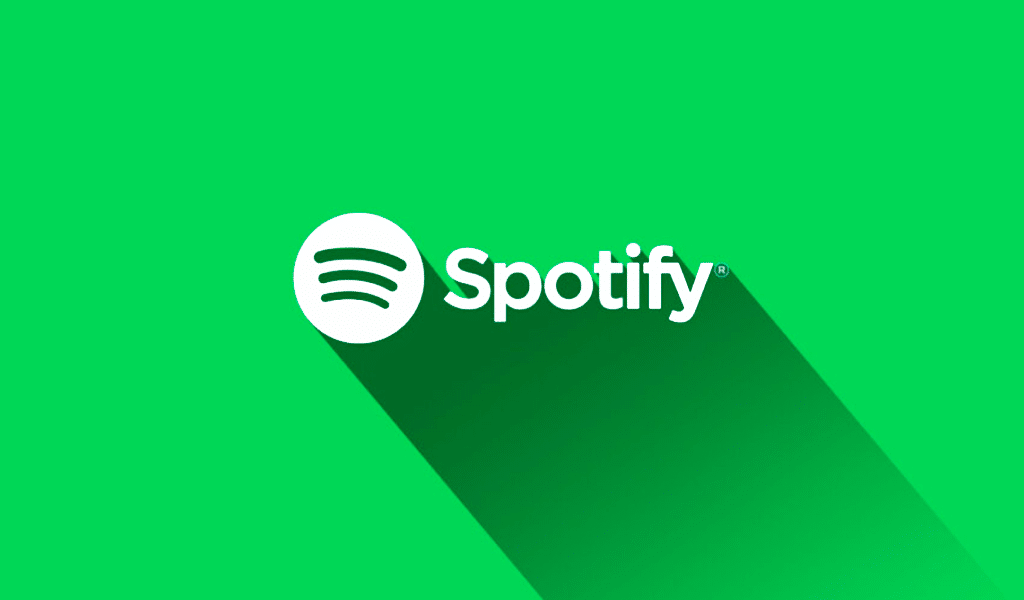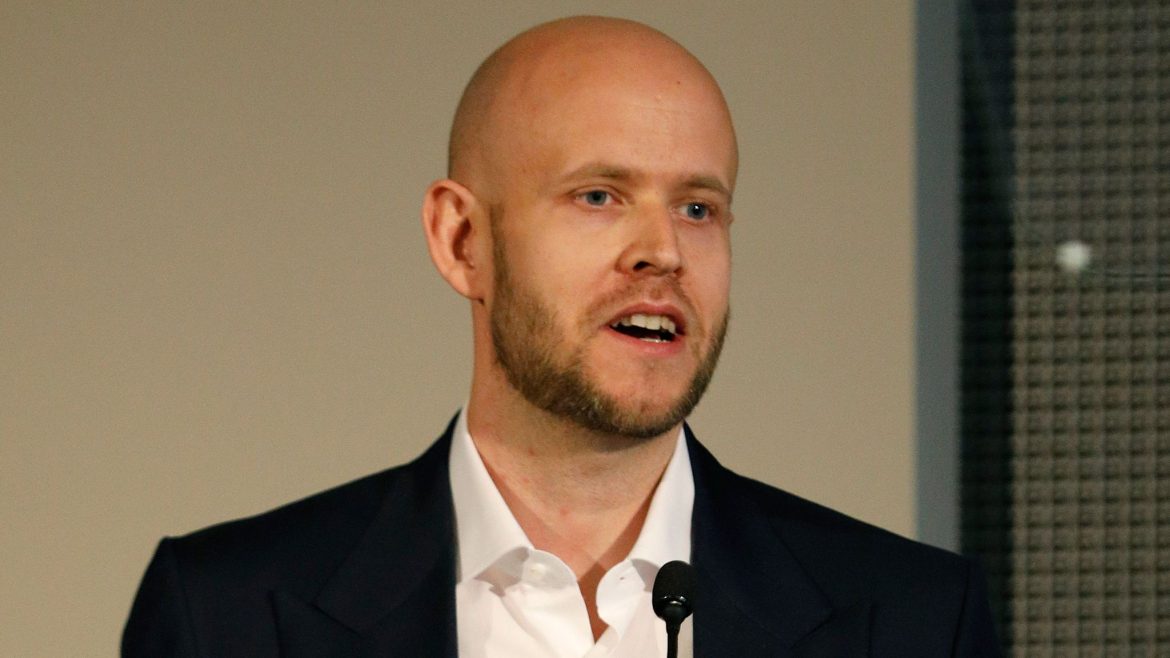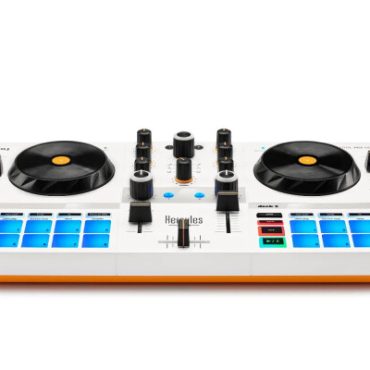chevron_left
-
play_arrow
Drums Radio Drums Radio
Spotify’s Exploitation of Artists: Profits for Executives, Pennies for Creators

share
close
Streaming Inequality
The rise of streaming platforms like Spotify has revolutionized the music industry but has also deepened the financial inequalities between creators and corporations. While artists struggle to make a living from meager royalties, executives and shareholders reap enormous profits. This growing disparity underscores systemic flaws in the streaming economy, sparking widespread criticism and calls for reform to ensure fair compensation for the creators who sustain the platform.
Spotify’s CEO Daniel Ek has become the focal point of a growing storm in the music industry, as his financial gains starkly contrast the struggles of the artists whose work sustains the platform. In December 2024 alone, Ek cashed out nearly $100 million in Spotify stock, a move that has amplified criticism of the streaming giant’s business practices. For many artists, this windfall is emblematic of a system that disproportionately rewards executives while leaving creators to scrape by on fractions of a cent per stream.
The disparity between Spotify’s executive earnings and artist compensation is glaring. While Ek and co-founder Martin Lorentzon collectively cashed out over $932 million in 2024, most musicians on the platform see little financial benefit from their work. Spotify’s pay-per-stream rate, estimated at $0.003 to $0.005, means an artist would need millions of streams to earn a modest income. In contrast, Ek’s December stock sales alone dwarf the annual earnings of the vast majority of artists, highlighting the growing divide between those who create the content and those who profit from its distribution.

Ek’s comments have only fueled the controversy. When he suggested that the cost of creating music is “close to zero,” artists were outraged, pointing to the significant expenses involved in producing music, including equipment, studio time, and marketing. This dismissive attitude has led many to view Ek as emblematic of a corporate culture that devalues creators while enriching executives and shareholders.
Adding insult to injury, Spotify’s recent royalty model changes further marginalize smaller and independent artists. Under the new system, tracks must reach a minimum of 1,000 streams annually to qualify for royalties. While Spotify claims this will streamline payments and boost earnings for more successful artists, critics argue it unfairly penalizes emerging talent. For those just starting out, the threshold creates yet another barrier in an already challenging landscape.
The platform’s financial success, however, tells a different story. Spotify’s revenue reached $3 billion in the third quarter of 2024, with profits exceeding $28 million. The company’s ability to monetize its massive user base—spanning 574 million monthly active listeners—has propelled its stock to record highs. Yet, as Ek’s December cash-out demonstrates, these profits often benefit executives and investors far more than the artists who make Spotify indispensable.
This dynamic has led to widespread backlash from the music community. Many artists argue that Spotify’s model prioritizes corporate profit over fair compensation. Critics have called for a user-centric payment system, where royalties are distributed based on individual listening habits, as a potential solution to the inequities of the current model. Such a shift would require Spotify’s leadership to fundamentally rethink its priorities—a prospect that seems unlikely given Ek’s recent windfall.
The contrast between Spotify’s public messaging and its actions is stark. The company frequently touts its contributions to the music industry, such as paying out $9 billion in royalties in 2023. However, these figures mask the underlying inequities. While a small number of top-tier artists and major labels reap substantial rewards, the vast majority of musicians struggle to make a living. Ek’s $100 million cash-out in December has become a symbol of this imbalance, sparking renewed calls for systemic change.
As Spotify continues to grow, its leadership faces a critical choice. Will they address the concerns of the artists who fuel their success, or will they double down on a model that enriches executives at the expense of creators? For many in the music community, the answer to this question will determine whether Spotify can maintain its position as the world’s leading streaming platform or become a cautionary tale of corporate greed in the digital age.
Written by: Hope Thobs
Daniel Ek Martin Lorentzon spotify
Rate it
Similar posts
Copyright © 2024 Drums Radio | By RUDE






